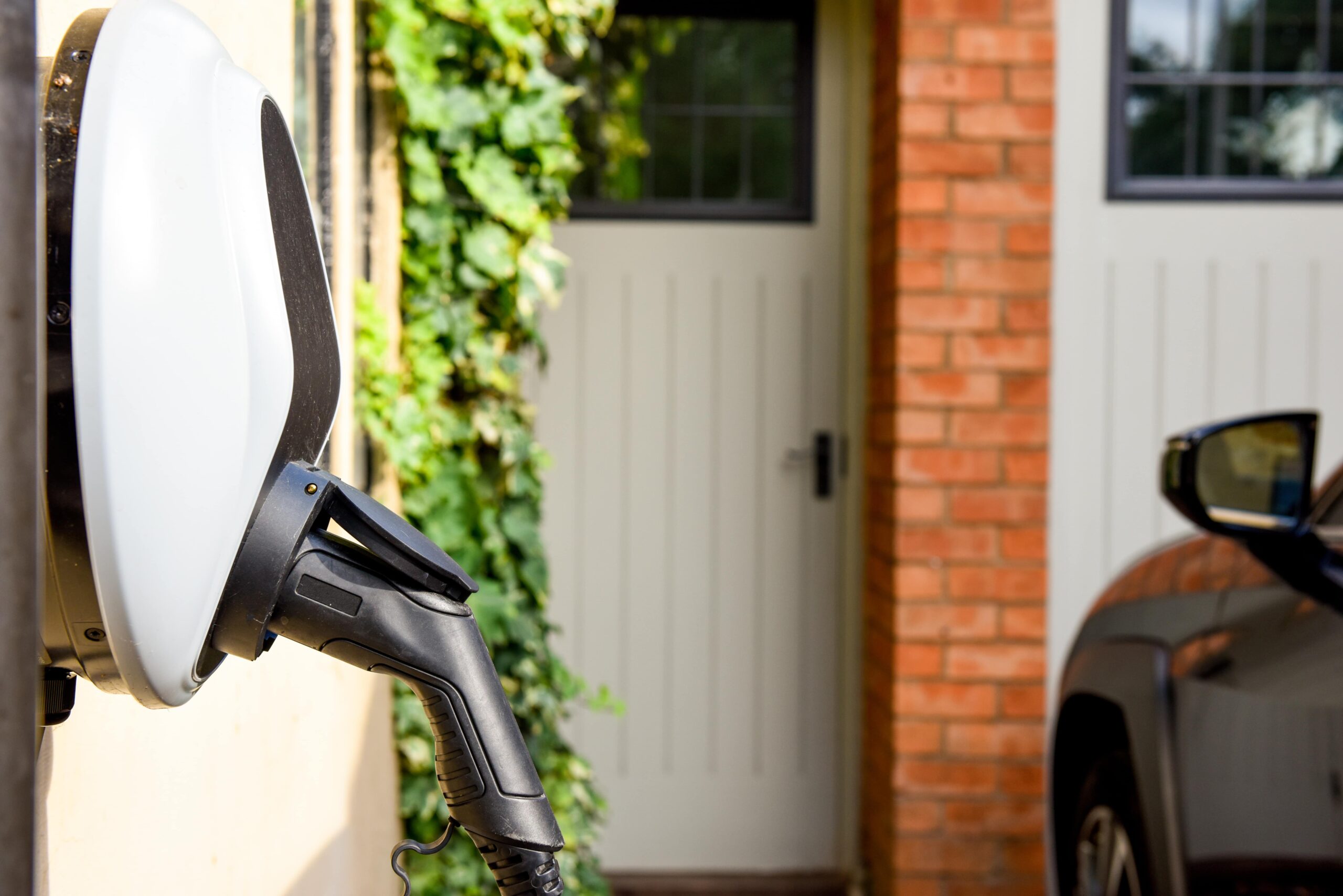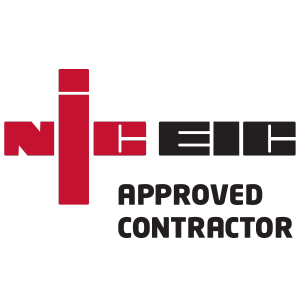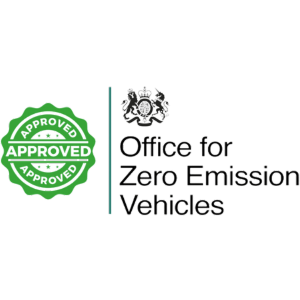

Charging an electric vehicle (EV) at home offers several benefits, making it a convenient and popular choice for many EV owners. Here are some of the key advantages:
Accessibility: Charging at home allows you to plug in your EV overnight or whenever it’s convenient for you. You don’t need to visit a public charging station, saving time and effort.
No waiting time: With home charging, you avoid potential queues or waiting times that might occur at public charging stations.
Lower electricity rates: Many utility companies offer lower electricity rates during off-peak hours, making it more cost-effective to charge your EV at home, especially if you can schedule charging during these times.
Avoiding public charging fees: While some public charging stations may have fees, charging at home is typically included in your regular residential electricity bill.
Multitasking: You can plug in your EV and go about your daily activities or sleep while it charges, saving you time compared to waiting at a charging station.
Predictable charging times: Charging at home allows you to establish a routine, ensuring your EV is consistently charged and ready for use when you need it.
Avoiding uncertainties: You won’t have to worry about the availability or functionality of public charging stations.
Optimal battery maintenance: Home charging allows you to keep your EV’s battery within a specific state of charge range, which can contribute to optimal battery health in the long run.
Charge at your own pace: You can choose to charge your EV to the desired level, whether it’s a full charge or a partial top-up, based on your immediate needs.
Control over energy sources: Depending on your local electricity grid and choices, you may have the option to use renewable energy sources for charging, reducing the overall carbon footprint of your EV.
Installation incentives: In some regions, governments or utility companies offer incentives or subsidies to help cover the cost of installing home charging infrastructure.






